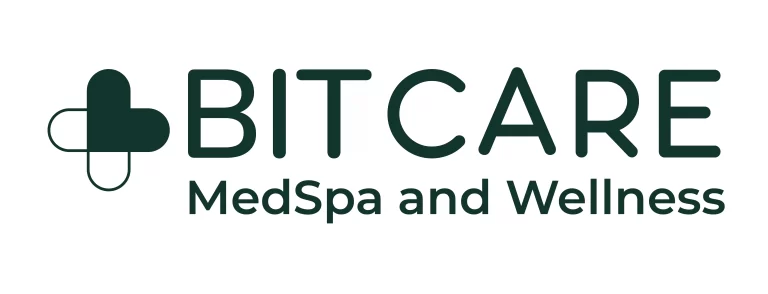
Obsessive Compulsion Disorder: Is it a disorder or a decision?
Obsessive-compulsive disorder (OCD) is a persistent mental health problem characterized by obsessions, compulsions, or both. Obsessions, or persistent unwanted ideas that induce an overwhelming want to repeat a certain activity, are common among people suffering from OCD. They then act on that impulse, or compulsion, to assist relieve the obsessive thought.
These practices are not optional for persons suffering from OCD. Rather, they complicate and disturb daily living. Many persons with OCD perceive the ideas and beliefs that feed their compulsions as irrational, or at the very least very implausible. Still, they act on them to:
- Reduce the anguish caused by unwanted compulsive thoughts
- Prevent persistent concerns from becoming a reality.
Some facts to know about OCD (obsessive-compulsive disorder):
Some common facts to know about obsessive-compulsive disorder (OCD) are as follows:
- Anxiety can be caused by OCD: You may suffer significant anxiety as a result of obsessive thinking if you have OCD. Rituals or compulsions are frequently utilized to alleviate the anxiety generated by obsessions. Among these behaviors include: repeatedly checking to ensure that doors are locked, Counting the number of things, characters, or words, rearranging items to achieve symmetry or order making multiples of something.
- During the adolescent years, OCD symptoms are common: Although children as young as seven can be diagnosed with OCD, symptoms usually appear throughout adolescence or early adulthood. Symptoms generally appear earlier in boys than in girls.
- A family history of OCD raises your chances of acquiring it: Most of the time, no one knows what causes OCD. However, studies have discovered that the brains of persons with OCD vary from the brains of people who do not have OCD in several respects. OCD can also run-in families, according to researchers and healthcare professionals.
- OCD can only be diagnosed by skilled specialists: People frequently say things like “That’s my OCD” or “I have a little OCD.” Obsessive-compulsive disorder, on the other hand, is a mental health disease that can only be identified by qualified specialists. These experts seek proof of obsessions and compulsions, as well as the impact of these thoughts and acts on the individual’s life.
- Some persons with OCD are also depressed: Therapy and medication can help many people with OCD symptoms, but they may not address all of the issues they face. There are several drugs available to treat the symptoms of OCD and other behavioral disorders. Finding solutions that address your specific set of symptoms may need more trial and error.
Unlike disorder, OCD is an anxiety disease characterized by intrusive and disturbing thoughts that are viewed as the products of one’s mind. The patient with OCD feels forced to do certain stereotyped actions, even when he realizes that his conduct is sometimes nonsensical. Obsessive-Compulsive Disorder (OCD) is a frequent, chronic, and long-lasting disorder in which a person has uncontrollable, recurring thoughts (obsessions) and/or actions (compulsions) that he or she feels compelled to repeat over and over.


